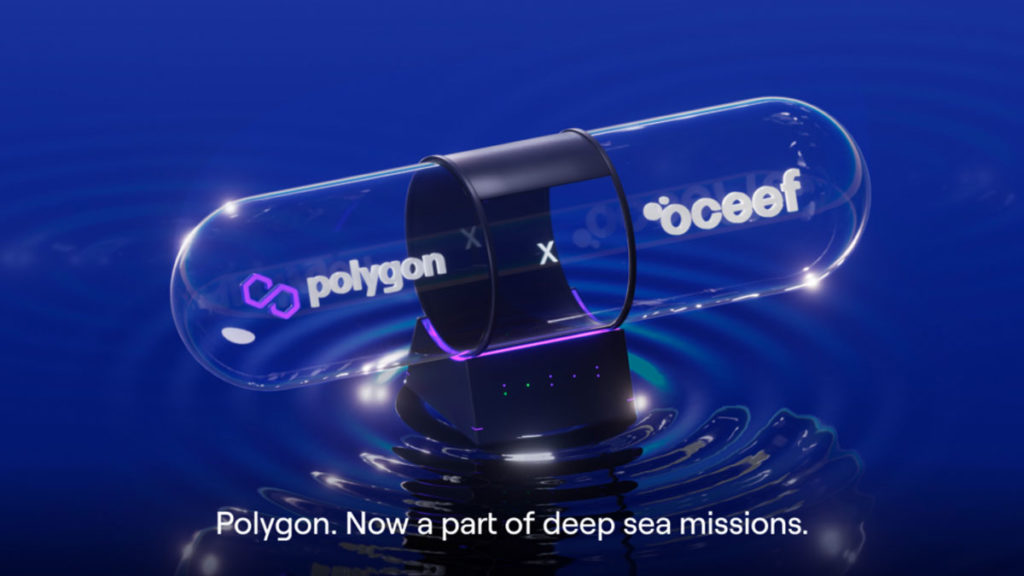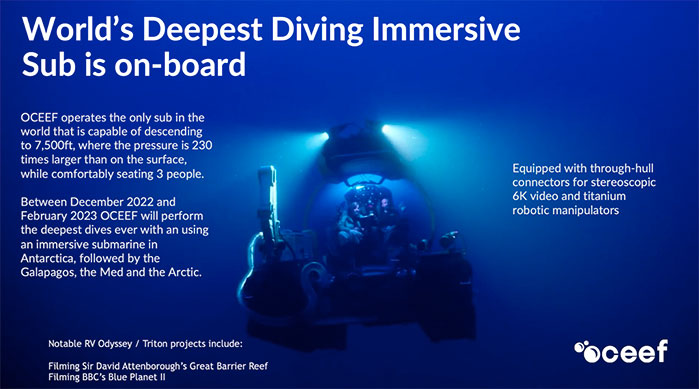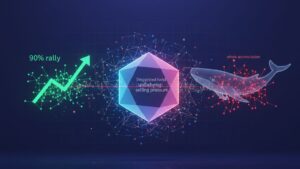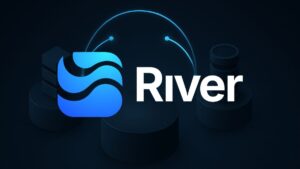In an effort to advance ocean literacy and give people an opportunity to learn about deep-sea missions through new and engaging ways, Polygon has joined forces with the Ocean Conservation Exploration and Education Foundation (OCEEF).
Deepening the Real-World Effects
The goal of this initiative is to make sure that oceans and their preservation of them remain a subject of discussion for generations to come. The Oceanic and Antarctic Exploration Foundation is allowing the general public to tour its state-of-the-art research vessel, the RV Odyssey, as part of the Metaverse, interactive experiences to allow visitors to see the vessel’s facilities and real-time data in a way not previously possible.
The distributed governance platform offered by Polygon will assist OCEEF in increasing engagement with the project in addition to providing support through the purchase of NFTs. There will be an opportunity for participants to assist in the decision-making process.
Following the recommendations of the scientific committee, the community will be able to contribute to the selection of missions from the shortlist by providing support.
Students will be able to submit applications to join the OCEEF team onboard the ship, and the OCEEF will select groups for each mission based on the applications that are submitted. In addition, there will also be opportunities for participants to take part in dives themselves, which will be supported by funding support NFTs.
In the future, the community will have the opportunity to assist with the selection of countries for future itineraries. As a result of OCEEF’s ability to obtain Special Research Permits, the foundation has been able to operate in places that are not accessible to other visitors. The participation pillar is also going to be able to take advantage of this exciting opportunity.
Sandeep Nailwal, the co-founder of Polygon, said:
“Being able to facilitate a global endeavor such as the one that OCEEF is undertaking is very humbling. I know that our technology is up to the task of bringing these types of immersive, educational, and change-making experiences to people all over the globe.”
In April, Polygon announced that it would become carbon-negative by the end of the year and committed $20 million to climate-related projects by the end of the year as part of its own sustainability story.
Achieving carbon neutrality has been one of the main accomplishments of Polygon since its inception since the network has eliminated 104,794 tonnes of greenhouse gases, which is equal to the entire company’s CO2 debt since its inception.











